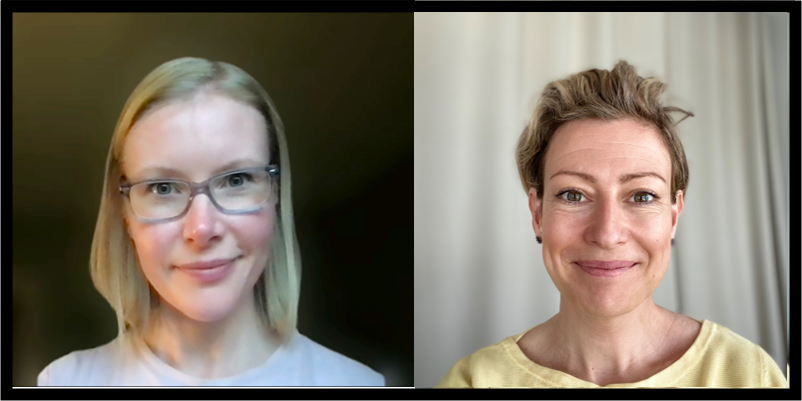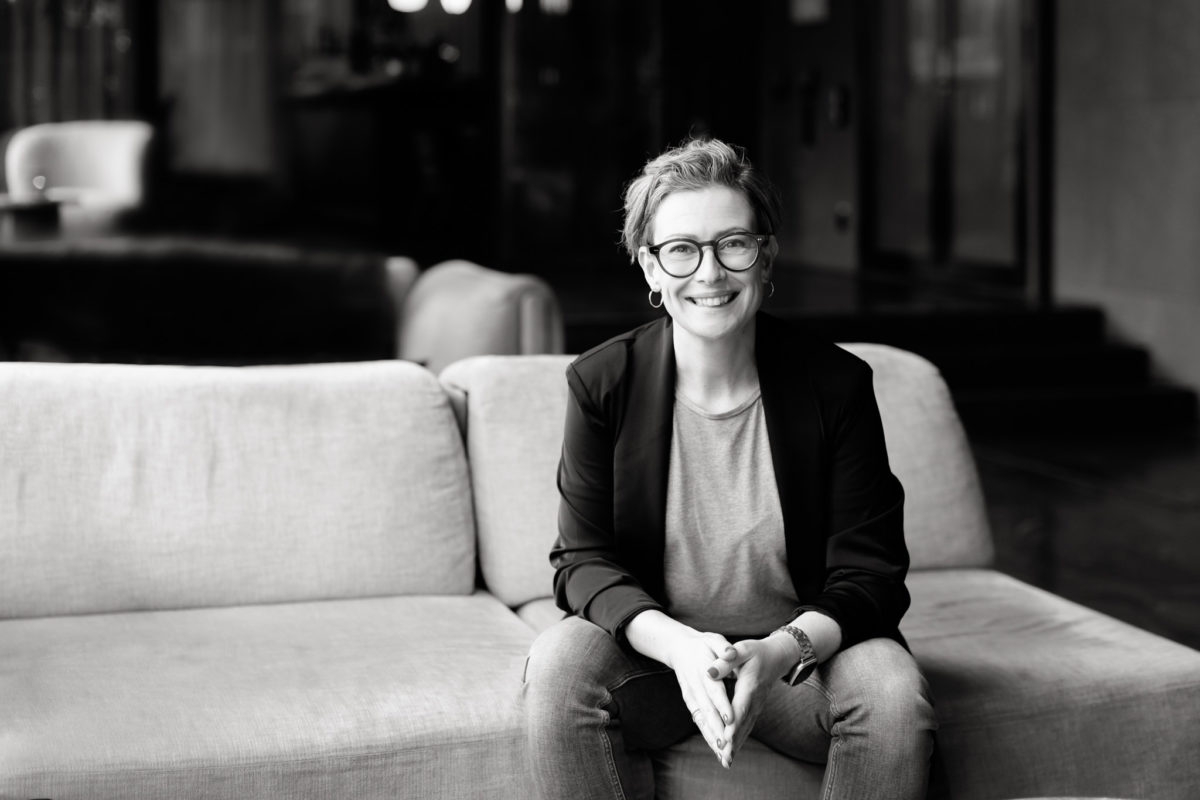Mairi is the Head of Leadership Development at the Karolinska University Hospital and has recently completed my Executive Coaching Program. It’s a six-month intensive coaching program for leaders based around the EQ-i 2.0 Emotional Intelligence Framework. The coaching sessions took place on Zoom, and we met approximately every third week.
I sat down with Mairi to ask her a couple of questions about her experience.

Emma: Hi Mairi, what made you apply for the Executive Coaching Program?
Mairi: I had been recently appointed as the Head of Leadership Development at the Karolinska University Hospital. Given the consequences of the COVID-19 pandemic on staff and managers and the unique culture of our organization, a coaching program that builds on Emotional Intelligence resonated well with my perceived needs for personal and professional development.
Emma: What has the coaching given you?
Mairi: The coaching has primarily given me two things – increased self-awareness and space for self-reflection. While these two things are the essence of what I work with to create for others, the gift of time and support from Emma to have that space for myself, has been invaluable.
Emma: What did you learn during the coaching program?
Mairi: The EQ assessment was very comprehensive and shed light on capabilities that I need to get better at in order to become a more effective leader and leadership developer. I also learned how the different components are interdependent and realized how some of my strengths actually become a hinder for my performance when overused. Last but not least, it was an important reminder that regardless of one’s level of experience or stage of development, it is hugely beneficial to have periods in one’s life that are supported by a coach.
Emma: What elements of the program had the greatest impact on you?
Mairi: The greatest impact came from the combination of the EQ assessment and the coaching. The EQ assessment was eye opening and combined with coaching, its effects will be long lasting. Improved self-awareness means that I pay close attention in every situation where my capabilities are challenged. Attention is really what changes a mere experience into deliberate practice and can thus contribute to continual learning. The assessment alone would be simply information in form of a report. The coaching without the assessment would risk lacking intentionality and direction. So it’s the combination that makes it a winning concept.
Emma: Who do you think would benefit from Executive Coaching?
Mairi: Anyone with a growth mindset, i.e. anyone with a will, curiosity, openness and vulnerability to become better versions of themselves.
Emma: How would you describe me as a coach?
Mairi: Emma has a great ability to listen, to really listen. To pay close attention to what her client needs the moment they start their session. She masters the art of asking great questions and doesn’t hesitate to challenge the deeply held beliefs her client might hold about their situation, performance and learning. I’m deeply grateful for her generosity to support me in my growth and help me lead from my purpose.
Thank you Mairi for taking the time to reflect on this. As a coach I always learn something new with each client. It was an honor to work with Mairi and to follow her progress. I learned a great deal from her deep understanding of leadership and her willingness to challenge her perceptions.
If you or your organization are interested in Executive Coaching, please get in touch and I’m happy to tell you more.


